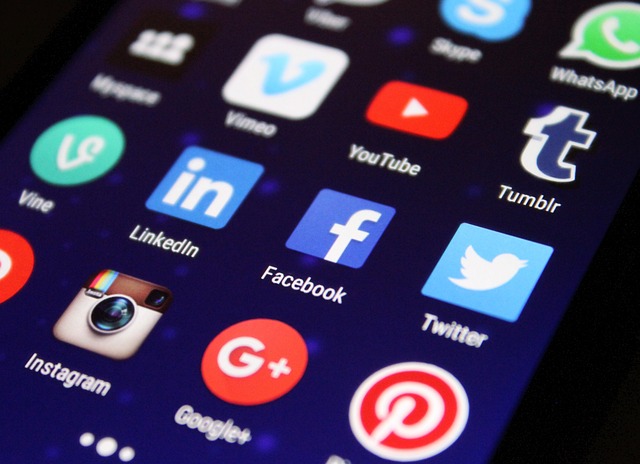In the ever-evolving landscape of our digital age, social media has become an undeniable force shaping our lives. As a platform for communication, self-expression, and connection, it has also brought forth a myriad of social implications on self-confidence that warrant deeper exploration. Many individuals, especially the youth, find themselves entrapped in a cycle of comparison, often measuring their self-worth against the curated lives displayed on screens.
Social media platforms like Instagram, Facebook, and TikTok enable users to share snippets of their lives—highlight reels rather than the raw, unfiltered reality. This constant exposure to idealized bodies, glamorous lifestyles, and seemingly perfect relationships can leave many feeling inadequate. Research has shown a significant correlation between heavy social media use and increased feelings of anxiety, depression, and low self-esteem. The very act of scrolling through perfectly filtered images can trigger a damaging self-assessment, leading individuals to question their own value and worth.
Moreover, the quest for likes, shares, and followers can amplify these feelings of uncertainty. The desire for validation through virtual applause can shift one’s focus from genuine self-acceptance to a hunger for external approval. In this context, the social implications of social media extend beyond individual self-esteem; they affect interpersonal relationships too. Instead of building authentic connections, many find themselves in an echo chamber where relationships are dictated by online personas rather than true emotional bonds.
However, it’s important to note that social media doesn’t solely contribute to negative self-perception. It also has the potential to build community, provide support, and foster confidence for those who may feel marginalized or different. Many find solace in online communities that embrace authenticity and body positivity, countering the often harmful narratives propagated by mainstream media. These spaces can empower individuals to see beauty in diversity and promote self-love.
Additionally, understanding the psychological impact of social media can encourage healthier habits. Awareness of the curated nature of online content can help users detach from unrealistic comparisons. Followers can be reminded that behind every perfect image lies the complex reality of life, which includes struggles, imperfections, and vulnerabilities. By choosing to engage with uplifting content and curating their feed intentionally, users can create a more positive digital environment that promotes self-confidence.
As society continues to wrestle with the implications of social media on self-worth, it becomes increasingly vital to foster discussions around mental health and self-acceptance. As we navigate this digital landscape, recognizing and addressing the social implications of our online presence is key to developing a healthier relationship with both social media and self-esteem.




